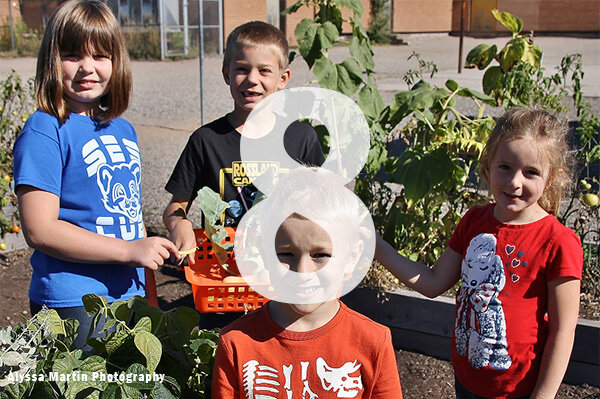
Atlantic Canadian Food Systems
A VISION FOR RECOVERY
As organizations working to strengthen food systems across Atlantic Canada, we share a common vision of how our food systems can play a role in a just, equitable, and prosperous recovery from COVID-19. This can only be fully achieved in partnership with all levels of government and Indigenous communities. Drawing from what we have heard from our own partners, and from the many other Just Recovery agendas that organizations around the country are articulating, our vision for a recovery that enables our food systems has 10 key elements.
The signatories to this statement play many different roles in the food system - as producers, as networks, as industry associations, and as advocates, but we can all see how a recovery that embraces these ideas would strengthen the broader food system. We look forward to supporting conversations about them in the months to come.
10 Food Systems Priorities for Atlantic Canada’s Recovery from COVID-19
Addressing the source of food insecurity
through the establishment of a basic income guarantee.
Supporting all food workers
regardless of immigration status, with a livable income and enhanced protections in the workplace.
Supporting Indigenous food sovereignty
by reconciling Indigenous food and cultural values with non-indigenous colonial laws and policies.
(See working definition in the Glossary)
Recognizing Indigenous ways of knowing
and working in partnership with Indigenous communities and leaders.
Applying a food security lens to legislation and regulations
to enable small-scale and local production and distribution and support Indigenous communities in their work to maintain and strengthen harvesting practices.
Supporting local
and decentralized processing, distribution, and access to sustainable forms of seafood by creating regionally appropriate seafood value chains.
Leveraging government’s procurement power
to build and support local value chains by localizing food in public institutions.
Providing opportunities
for improved food literacy, particularly through strengthened school food programs.
Investing in meaningful consultation
at all levels, with a particular focus on reducing barriers to participation for those impacted by food insecurity.
Prioritizing resilient, ecological local food systems
that shorten and diversify food chains, revitalize rural communities, support lower-emissions food systems, build greater resilience to shocks; and act as a lever to positively address the climate crisis.









